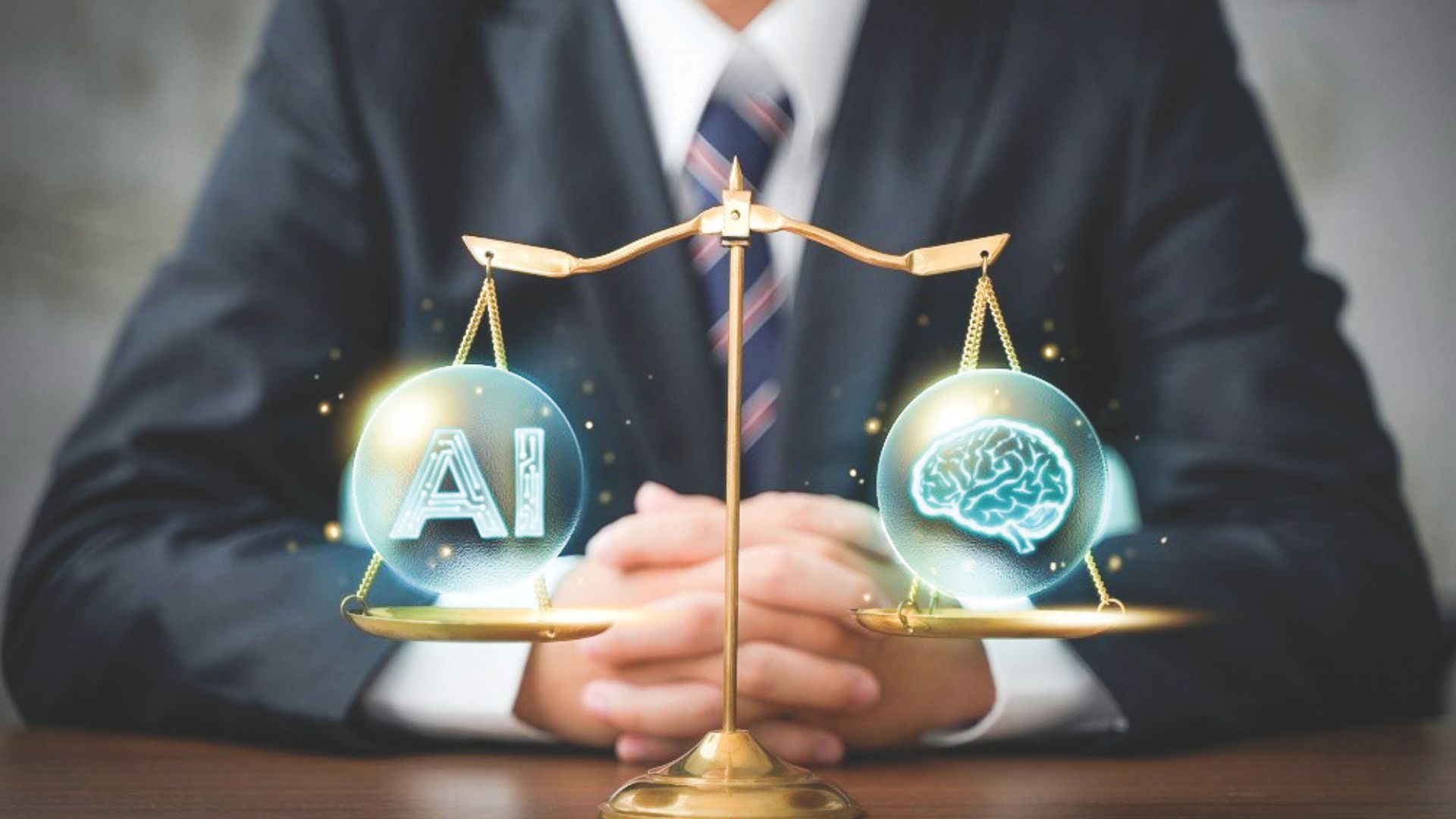Imagine a classroom where students pitch their arguments for or against specified case laws real-time with an Artificial Intelligence (AI) assistant and truly hones the skills to do so effectively, or drafting a contract in minutes by giving smart prompts-this is no longer a scene in a science fiction movie but reality across the globe.
Integrating AI into legal education enables linking theory with practical knowledge, facilitates personalized learning, simplifies complex concepts, and equips instructors with advanced research and teaching tools. Alongside opportunities, AI presents ethical issues and difficulties that need careful examination. The article considers the potential, boundaries, and future implications of AI in changing the nature of legal education in India.
The Significance of AI in Legal Education
AI revolutionized legal education by enabling dynamic learning, streamlining research with tools like LexisNexis and Westlaw Edge, and modernizing curriculum delivery. It has been employed by institutions worldwide to enable personalized learning via adaptive tools. AI can have a strong effect on legal education in many ways. AI algorithms can quickly scan thousands of legal documents, enhancing research quality and speed. AI technologies assist law students and legal professionals in preparing documents, cases, or briefs. Their services include analysis of language patterns, ensuring constant usage, and assisting as to the most superior ways of legal writing. AI powered virtual learning systems offers highly individualized experiences based on students’ performance, improving the adaptive learning process. It shortens the time allocated to laborious work in document examination but increases the accuracy while reducing the possibility of human error. Legal professionals are assisted by AI in providing forecasts for the outcomes of cases, risk assessments, and decision-making based on proper information.
Ethical Concerns and Challenges
Notwithstanding its benefits, the integration of AI into education is subject to deep scepticism among the academicians, primarily due to ethical consideration such as plagiarism. They fear that students may misuse these tools to generate output without understanding the concepts, which can adversely affect the development of critical thinking and analytical skills, the foundation of legal education. Further, it may question the genuineness of the student work and make the evaluation of learning outcomes challenging. There is a lack of transparency in the AI-generated content as it often fails to attribute credit to its sources. As things stand today, AI cannot replace human lawyers in terms of legal reasoning, independent thinking, and advocacy before a court of law. Moreover, in India, there is an inadequate infrastructure to monitor AI usage coupled with limited awareness among faculties and a lack of institutional guidelines as to permissible and non-permissible use of AI. In order to facilitate ethical AI use and integration, it is essential to have transparent and objective guidelines in place.
The Need for Policy Frameworks
In order to effectively incorporate AI into legal education in India while addressing both ethical and practical issues, comprehensive policy frameworks are needed to ensure openness, accountability, and data privacy with apparently clear criteria. To bridge the digital divide between urban and rural law schools, policies must prioritize access to AI for all institutions. Regulatory agencies such as the University Grants Commission (UGC) and the Bar Council of India (BCI) must collaborate to create standards to adopt AI responsibly. While AI detection softwires is still in its nascent stage and is contentious for giving false positives, institutions can opt to instruct students to mandatorily report AI usage, a practice that has been widely adopted globally. Fair usage of AI in drafting assistance, correction of grammar and syntax, transcription tools, and in stimulation tools like virtual moot court experiences can be adopted on need basis. Further, onboarding the faculty by providing training is essential for the ethical and effective integration of AI in curriculum.
Incorporating AI Responsibly in Legal Education
In an increasingly AI driven world, it is essential to integrate AI responsibly into the curriculum to prepare the students to navigate the changing world. To fully master its capabilities, students must not only know how to use AI effectively but also understand its inherent limitations and ethical issues. Law schools can introduce courses on AI and law to recognize the legaltech ecosystem, including the policy and regulatory issues surrounding it. Such courses can include practical exercises on analysing AI-generated contracts or memos and customising them as per given case scenarios, which, in turn, helps students critically evaluate AI outputs. Additionally, students can be given assignments to identify AI biases and AI hallucinations, or to cross check the accuracy of an AI-generated research outputs, a common drawback of these tools. These exercises will help students perceive AI as a tool where their independent judgement is necessary to verify the AI outputs as opposed to accepting them unquestioningly. Hence, instead of outright banning AI use in academia, the educators can thoughtfully integrate AI by empowering students to harness its potential while maintaining ethical responsibilities.
Implications for Indian Legal Education
The implementation of AI can revamp the archaic instructional practices in Indian legal education and empower students for an AI-driven market. However, accomplishing this requires substantial investments in infrastructure and skill development for both faculty and students. Many Indian institutions may find this challenging to execute due to high costs. Moreover, academics, who are well-versed in conventional teaching pedagogies may resist the adoption of such tools. To reduce costs, institutions can seek public-private collaborations with tech companies via CSR initiatives or seek government funding for subsidized or customized AI educational tools.
A Transformative Opportunity
The inclusion of AI in legal education offers revolutionary potential for India. However, it must be approached cautiously by addressing ethical concerns and ensuring balanced technical development with necessary human oversight. AI is not a replacement for human intelligence, but it is here to help us achieve our goals, if we use it responsibly and ethically. Whether we acknowledge it or not, students have already embraced this transformative technology, and it is the responsibility of educators to equip them with its fair usage and turn them into proactive masters of it rather than passive servants. The decisions we make today will shape the legal professionals of tomorrow; hence, regulatory agencies and educators must frame dynamic policies and revisit them while keeping in mind the evolving nature of these tools.
Dr. Aswathy Prakash G. is an Associate Professor of Law at Saveetha School of Law, SIMATS, Chennai and Dr. Alisha Verma is an Assistant Professor Law at Symbiosis Law School, Pune














